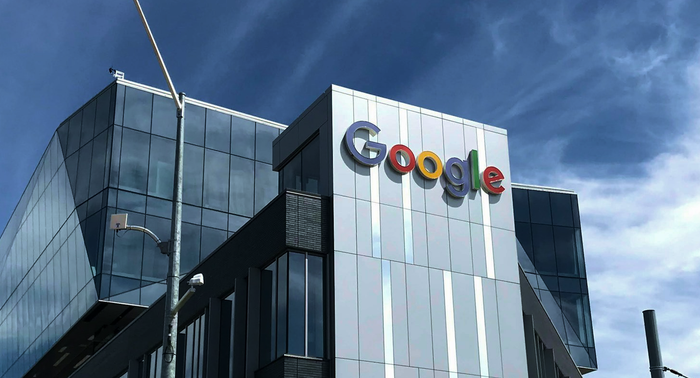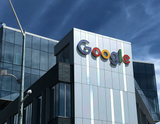Google Proposes New Ad Rules After $3.4B Fine by EU

Google has announced a set of planned changes to its online advertising services as part of efforts to avoid being broken up by the European Union.
This move follows the European Union’s antitrust regulators imposing a €2.95 billion fine (around $3.4 billion) on Google just two months earlier for abusing its dominant position in the online advertising market.
The European Commission accused Google of unfairly limiting competition and reducing choices for publishers and advertisers across the EU.
Allegedly, Google boosted its own ad exchange platform's role in online display advertising, crowding out competitors. It engaged in self-preferencing, meaning its services were given preferential treatment in auctions and placements. For example, when travelers search for flights or hotels on Google, they often first see Google’s own tools prominently displayed at the top of the results page.
In September 2025, along with the fine, the Commission gave Google a 60-day deadline to propose remedies to fix the competition issues.
Google responded with a package of proposed changes aimed at boosting interoperability and offering publishers more control, such as allowing different minimum prices for various advertisers on Google Ad Manager.
This will allow travel publishers to better manage their ad inventory by setting minimum prices tailored to different advertisers, including large travel brands or smaller agencies. Travel brands will also be able to better target specific audiences and avoid inflated CPC (cost-per-click) costs caused by previous monopolistic practices.
These reforms aim to keep Google’s ad business intact while increasing transparency and ensuring fair competition.
Google declined the suggestion to break up its ad business, calling such a move disruptive, but expressed readiness to implement solutions addressing the monopoly concerns.
EU regulators are now reviewing whether Google’s proposed changes will adequately stop self-preferencing and resolve conflicts of interest.
Meanwhile, Sam Altman recently highlighted that ChatGPT is committed to transparency by recommending travel options based on quality, not paid promotions. He contrasted this with Google’s model, where ads can promote lower-quality offerings simply because they pay more. Altman warned that ranking worse options higher can seriously damage the platform’s credibility.
Photo by Alban from Japan on Unsplash
Hot News
Europe’s Business Travel Spending to Reach $448B in 2026

American Airlines Flight Attendants Risk Losing Their Jobs as Union Raises Dues

Google Proposes New Ad Rules After $3.4B Fine by EU

US Hotel Outlook Darkens: 2025, 2026 Set for Slower Growth
